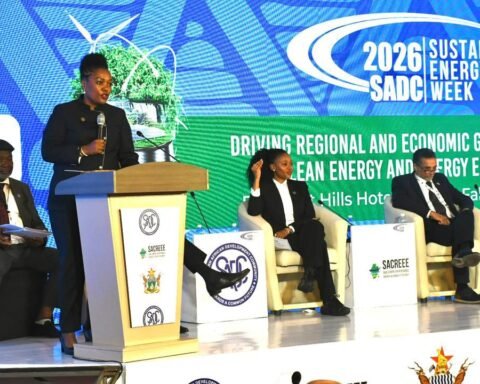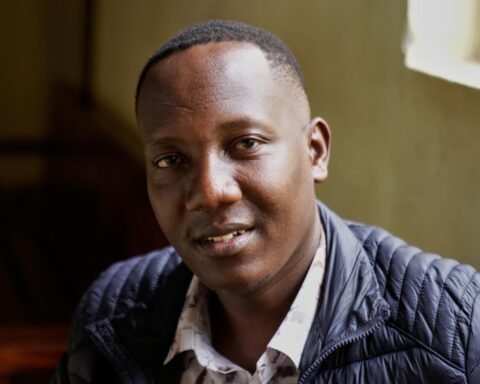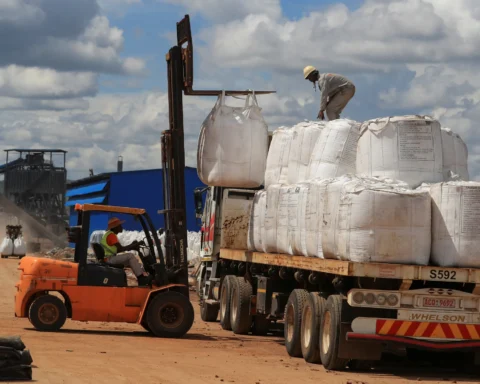The recent airstrike on Nasser Hospital in Gaza, which killed at least 20 people including five journalists, has become a flashpoint in the ongoing Israeli–Palestinian conflict.
The incident has drawn widespread condemnation from governments, press organizations, and human rights groups, highlighting the heightened risks faced by journalists covering the region.
The Gaza Strip has long been a center of tension between Israel and Palestinian groups. Over the last two decades, periodic escalations have repeatedly endangered civilian infrastructure, including hospitals and media offices. Journalists have often been caught in the crossfire, with international organizations documenting multiple incidents where press personnel were targeted or injured while reporting.
This latest strike at Nasser Hospital underscores the ongoing dangers for reporters and humanitarian workers, and it comes amid heightened military activity in Gaza. Human rights organizations have stressed that attacks on journalists and medical facilities may constitute violations of international humanitarian law.
Turkey’s presidential communications office labeled the strike as “an assault on press freedom and another war crime.” President Recep Tayyip Erdoğan condemned the Israeli actions, emphasizing that targeting media workers is an attempt to suppress independent reporting.
The Israeli Defense Forces (IDF) acknowledged conducting the strikes and expressed regret for civilian casualties, stating that journalists were not the intended targets. An internal investigation has reportedly been launched to examine the circumstances surrounding the attack.
Attacks on journalists in conflict zones threaten not only the safety of media professionals but also the broader public’s right to be informed. Organizations such as the Committee to Protect Journalists have urged an independent international inquiry and stressed the need for stronger protections for press personnel in high-risk areas.
Also Read; Algeria To Champion African Unity At Trade Fair
Experts argue that without accountability, the risk to journalists will continue to rise, and public trust in media reporting may be undermined. Covering humanitarian crises in Gaza and similar conflict zones requires constant vigilance, and media organizations continue to adapt safety protocols to protect their staff.
The attack also highlights the complex geopolitics of the Israeli–Palestinian conflict. Escalations like this impact not only local populations but also international diplomacy, humanitarian aid efforts, and regional stability. The targeting of hospitals and journalists fuels global debates over military conduct, proportionality, and the enforcement of international law.
As the conflict persists, the protection of civilians, journalists, and medical personnel remains a key concern for the international community. Monitoring bodies and governments worldwide are increasingly pressured to intervene diplomatically and hold responsible parties accountable.
This tragic event may serve as a catalyst for renewed calls for conflict resolution, stronger safeguards for press freedom, and greater international oversight of military operations. The global media and humanitarian organizations are now watching closely to ensure that lessons are learned, accountability is pursued, and the rights of civilians and journalists are prioritized in Gaza







